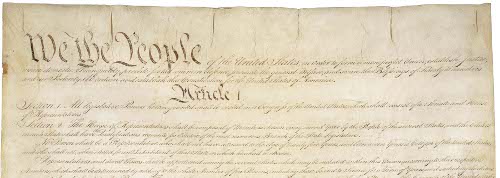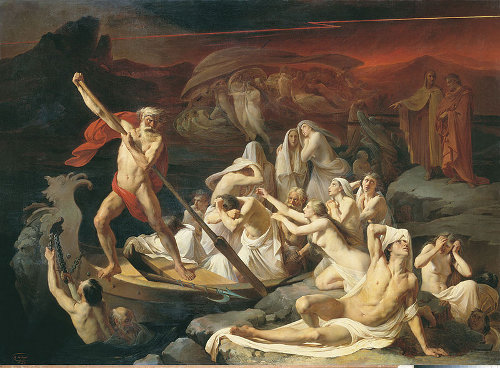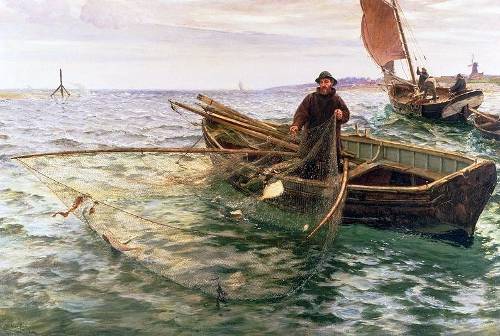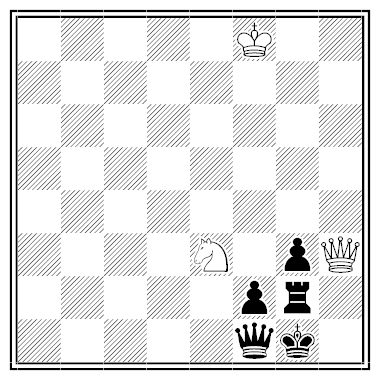Every number greater than 8 has at least two letters in common with each of its neighbors.
Author: Greg Ross
Thunder Down Under
Concerning the strange and inexplicable sounds heard by travellers in various parts of the world, there have been from time to time many interesting reports. Among the most curious of these are perhaps the accounts met with in the narratives of Australian explorers. … Stuart mentions that one morning, when in the interior, among the red sandhills of the inhospitable desert, he was startled by hearing a loud, clear, reverberating explosion, like the booming of artillery. These noises, which have been frequently observed in sandy districts, seem to come with an explosive echo from the sandhills, and reverberate for a considerable time amongst the surrounding mountains. Sounds of a like kind have alarmed most of the Australian explorers. Captain Sturt, who followed the course of the Darling River in 1828, describes an extraordinary sound which about three in the afternoon, on a day in the month of February of that year, astonished himself and party. ‘The day,’ he says, ‘had been remarkably fine, not a cloud was there in the heavens, nor a breath of air to be felt. On a sudden we heard what seemed to be the report of a gun fired at the distance of between five and six miles. It was not the hollow sound of an earthy explosion, or the sharp, cracking noise of falling timber, but in every way resembled a discharge of a heavy piece of ordnance. On this all the men agreed, but no one was certain whence the sound proceeded. Both Mr. Hume and myself, however, thought it came from the north-west. I immediately sent one of the men up a tree, but he could observe nothing unusual. The country around him appeared to be equally flat on all sides, and to be thickly wooded. Whatever occasioned the report, it made a strong impression on all of us, and to this day the singularity of such a sound in such a situation is a matter of mystery to me.’
— “Natural Sounds,” The People’s Magazine, Jan. 12, 1867
See Brontides.
Overdue
In 1962 James Jones was in Paris, struggling to finish The Thin Red Line, his novelization of his experiences in the Battle of Mount Austen during Guadalcanal.
As Jones was agonizing over a scene in which a member of the company, badly wounded, lay crying for help in no man’s land, the laundry man came to collect his bill. When Jones answered the knock, his face was wet with tears.
“Pas nécessaire,” said the man, taken aback. “It’s okay. You no have to pay now.”
Huddled
The Paradox of Self-Amendment

A constitution can contain a clause that provides for its amendment. But can this clause be used to amend itself?
Article V of the U.S. Constitution requires that an amendment be ratified by three-fourths of the states. Could they change this requirement to 90 percent? Or declare that the president can amend the constitution at his whim? Or abolish amendments altogether?
“If legal rules that authorize change can be used to change themselves, then we have paradox and contradiction; but if they cannot be used to change themselves (and if there is no higher rule that could authorize their change), then we have immutable rules,” writes Earlham College philosopher Peter Suber. “Paradox and immutability should create an uncomfortable dilemma for jurists and citizens in western legal systems. It appears that we must give up either a central element of legal rationality or a central element of democratic theory.”
Oops
‘Overhead’ is a familiar technical term in newspaper work. It describes a report flashed to a newspaper directly by commercial telegraph instead of through the regular channels of a wire service. For instance: on Decoration Day in the town of Walsenburg, Colo., 50 mi. south of Pueblo, Editor John B. Kirkpatrick of the World & Independent wired Associated Press in Denver that he wanted coverage of the Indianapolis automobile races. Presently AP wired its reply: WILL OVERHEAD WINNER OF INDIANAPOLIS RACES. Editor Kirkpatrick jumped with excitement. An hour later the World & Independent’s 1,750 readers puzzled over an 8-column streamer:
OVERHEAD WINS INDIANAPOLIS RACE
The story, as edited by Editor Kirkpatrick, began:
INDIANAPOLIS, Ind. (AP) — Will Overhead won the Indianapolis Memorial Day race today. At the 250 mile post Babe Stapp was leading the string of roaring cars, but gave way to Overhead on the last half of the 500 mile grind.
— Time, June 12, 1933
Unquote

“The religion of one age is the literary entertainment of the next.” — Emerson
Legal Language
In 1987, eighth grader Gavin McDonald failed to win first place in a Ventura County, Calif., spelling bee.
So he sued.
A rival at another school had spelled horsy H-O-R-S-E-Y, and in the ensuing confusion the officials there had agreed to allow two students to advance to the county finals. McDonald alleged that this was unfair.
Justice Arthur Gilbert of the California Court of Appeal asked, “When should an attorney say ‘no’ to a client? Answer: When asked to file a lawsuit like this one.”
He dismissed the suit. “Our decision at least keeps plaintiff’s bucket of water from being added to the tidal wave of litigation that has engulfed our courts.”
In a Word

piscation
n. fishing
halieutics
n. a treatise on fish or the art of fishing
Hocus Pocus
Choose any number and write down its divisors:
14
1 2 7 14
Then write down the number of divisors of each of these divisors:
14
1 2 7 14
1 2 2 4
Now the square of the sum of this last group will always equal the sum of its members’ cubes:
(1 + 2 + 2 + 4)2 = 13 + 23 + 23 + 43
Discovered by Joseph Liouville.

